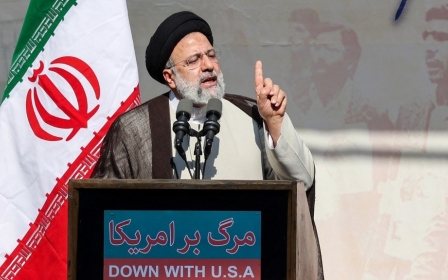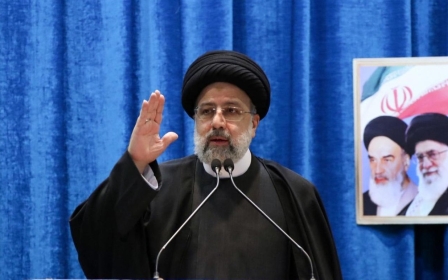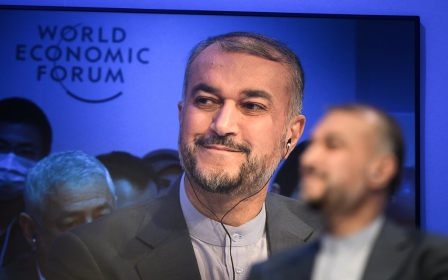Iran officials hold secret talks with West without Raisi’s knowledge
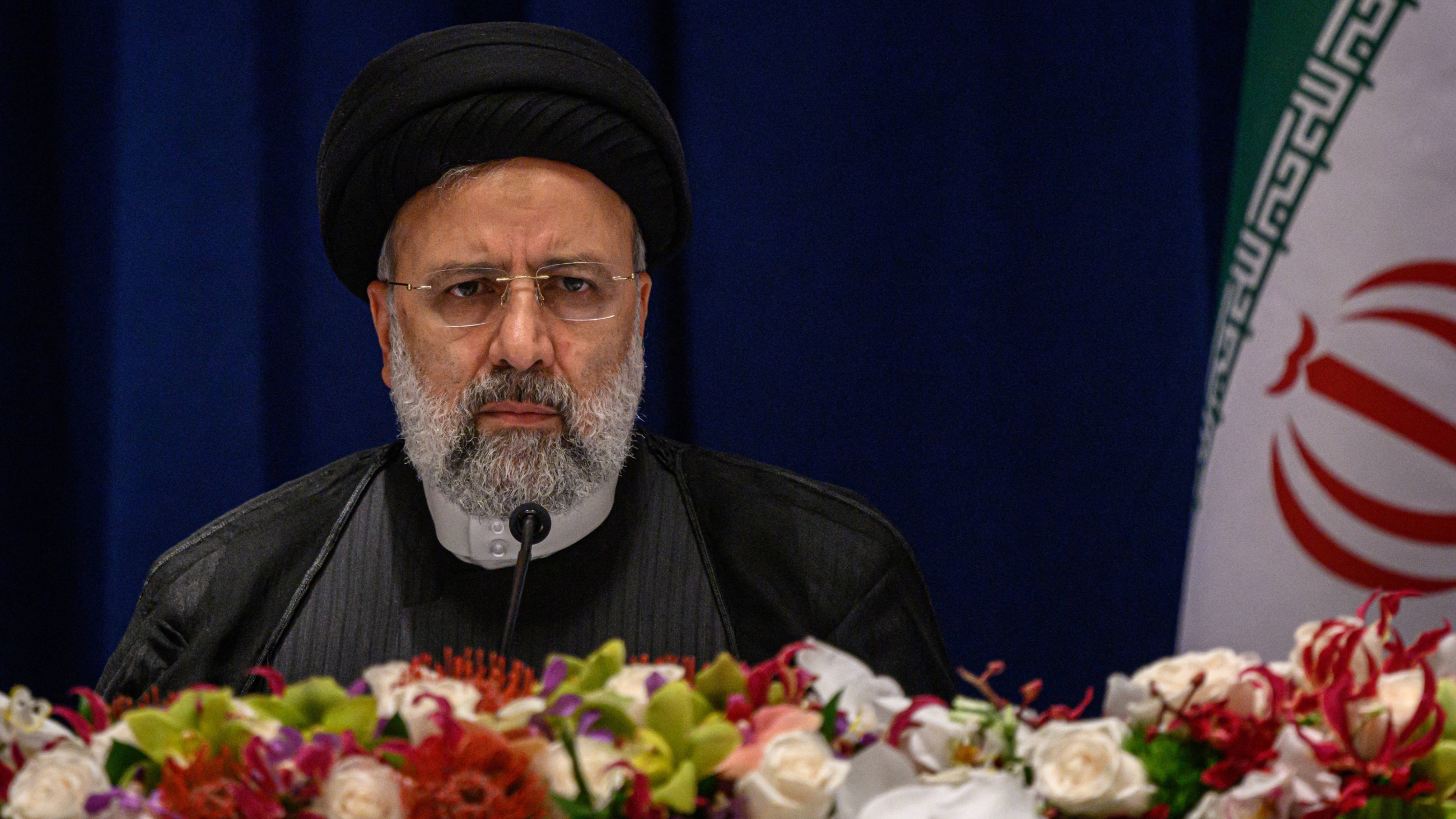
Secret talks between representatives of the Iranian ruling establishment and western officials over reviving the 2015 nuclear deal and freeing US prisoners have been held in recent weeks, two sources told Middle East Eye.
According to the Iranian sources, who are close to the talks, the government of President Ebrahim Raisi was not informed of the dialogue, part of a growing trend that has seen figures close to Supreme Leader Ali Khamenei take the lead on foreign policy.
The sources added that Abbas Araghchi, former deputy foreign minister under Hassan Rouhani, led the talks, which were held in Europe.
Currently, Araghchi is the secretary of Iran's Strategic Council on Foreign Relations, an advisory board for the supreme leader, who appoints its members and chairman.
The council was formed in 2006 and is tasked with "preparing strategies, policies and solutions that will bring the Islamic Republic to its desired results in foreign policy" and "bringing about greater coordination in all activities in the field of foreign relations".
New MEE newsletter: Jerusalem Dispatch
Sign up to get the latest insights and analysis on Israel-Palestine, alongside Turkey Unpacked and other MEE newsletters
The sources said the focus of the talks was reviving the 2015 nuclear deal and finalising an agreement on freeing American prisoners in exchange for Iranian assets being unfrozen in several countries, including South Korea.
According to the sources, under the Rouhani government, Araghchi's negotiation team managed to reach an agreement over freeing prisoners, which was never implemented. Raisi’s team continued the negotiations, with modifications being made over asset transfers, which were first set to go to Europe, but that later changed to Qatar instead.
High stakes
Alongside former foreign minister Mohammad Javad Zarif, Araghchi is loathed by principlists in Iran due to his key role in reaching the 2015 nuclear deal.
The principlists, also known as hardliners, believe Zarif and Araghchi sold the country's nuclear capabilities in return for nothing.
One of the sources said Araghchi had described the first round of talks in Europe as positive to his superiors, intimating that a deal was still possible even though the western officials had become harsh.
Western countries have taken an increasingly hard line on Iran since Tehran began a crackdown on the Mahsa Amini anti-establishment protests last year.
The source added that the second round of talks had been planned and confirmed, but was stopped.
The second source said that the government and principlists stopped the progress of Araghchi’s talks once they became aware of the situation.
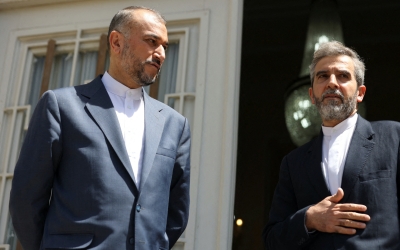
The revival of the nuclear deal, known as the JCPOA, has been a contentious issue for the past few years. The 2015 pact had been agreed upon between Iran and the P5+1 group of countries, comprising the US, UK, France, China, Russia and Germany.
The deal lifted many of the international sanctions against Iran in exchange for limitations on the country's nuclear programme.
However, former US President Donald Trump withdrew the US from the deal in 2018 and reimposed economic sanctions on Iran, which prompted Tehran to begin reducing its commitments to the agreement.
With Joe Biden in the White House, there has been renewed hope for the revival of the JCPOA. However, negotiations have been put on hold for months, with both sides expressing frustration with the other's demands.
The secret talks between Iran and the West for the revival of the JCPOA, without the knowledge of the Raisi government, add a new dimension to the already complex negotiations. With the stakes high, it remains to be seen how these incomplete talks will impact the ongoing negotiations and the future of the JCPOA.
Notably, the recent agreement between Iran and Saudi Arabia to restore diplomatic ties was handled and managed by the secretary of the Supreme National Security Council, Ali Shamkhani, independent of the Raisi government's involvement.
This article is available in French on Middle East Eye French edition.
Middle East Eye delivers independent and unrivalled coverage and analysis of the Middle East, North Africa and beyond. To learn more about republishing this content and the associated fees, please fill out this form. More about MEE can be found here.


